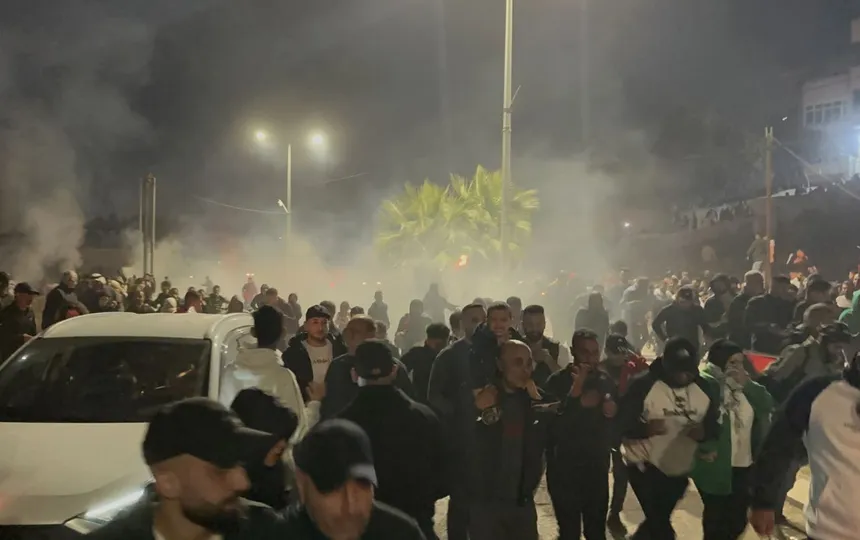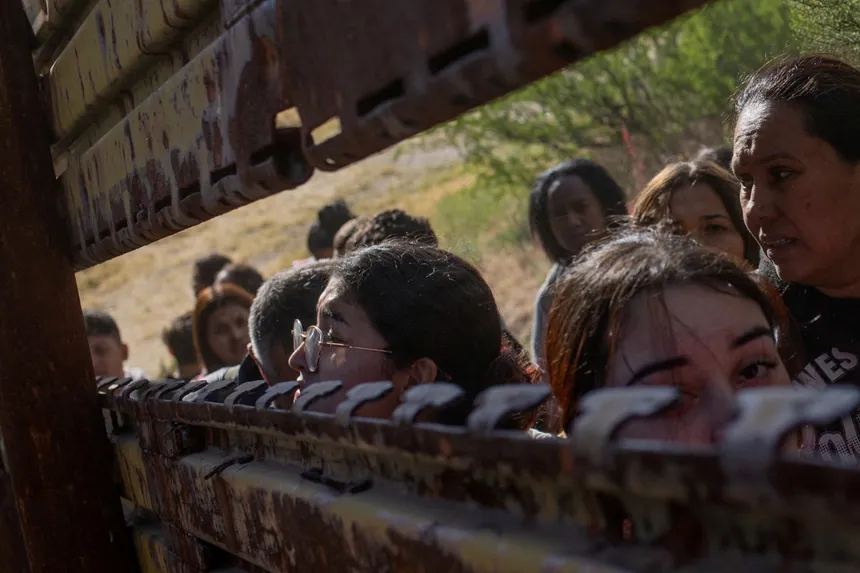The ongoing conflict between Israel and Hamas has led to a catastrophic humanitarian crisis in the Gaza Strip, with the worst-case scenario unfolding for its 2.3 million residents. The besieged territory has been largely cut off from the rest of the world, with Israel allowing only a limited trickle of aid to enter, despite the dire need for supplies. The situation is becoming increasingly desperate, with thousands of people breaking into warehouses to take basic necessities such as flour and hygiene products.
The death toll among Palestinians has now surpassed 8,000, predominantly women and minors, while over 1,400 people on the Israeli side, mainly civilians, have also lost their lives. This unprecedented toll is a stark reminder of the devastating impact of the conflict on innocent civilians. The International Criminal Court’s chief prosecutor, Karim Khan, has described the suffering of Gaza’s residents as “profound” and has called on Israel to respect international law, although he stopped short of accusing it of war crimes.
Hamas’ October 7 attack was condemned as a serious violation of international humanitarian law, and Khan emphasized that those responsible for launching rockets and missiles bear the burden. The UN agency for Palestinian refugees, UNRWA, reported that crowds of frantic residents broke into four facilities on Saturday, searching for food and supplies. One warehouse contained a staggering 80 tons of food, highlighting the scale of the crisis.
The UN World Food Programme emphasized that at least 40 of its trucks need to enter Gaza daily to meet the growing food needs of its inhabitants. However, the Israeli military has struck over 450 militant targets, including command centers and anti-tank missile launching positions, and ground forces have killed numerous Hamas militants. Despite these measures, the humanitarian situation in Gaza remains critical, with borders largely closed and a severe shortage of food, medicine, and fuel.

Emotional Reunions as Hamas Releases Israeli Hostages Amid Controversy and Celebrations
Hospitals are struggling to keep emergency generators running, and the territory’s sole power plant has been shut down, leaving many residents without access to electricity. Residents living near Shifa Hospital reported that Israeli airstrikes hit near the complex, blocking many roads leading to it. The hospital is packed with injured patients, and the ongoing damage has left rooms covered in debris, with windows blown out.
As the humanitarian crisis worsens, international organizations are calling for an immediate ceasefire to prevent further loss of life. The head of civil affairs for the Israeli defense body, COGAT, recommended that Palestinians flee to a supposedly designated “humanitarian zone,” but provided no details on the location’s availability or aid distribution. The International Criminal Court’s chief prosecutor has urged Israel to respect international law and has warned that the burden rests with those who aim the gun, missile, or rocket in question.
The desperate situation in Gaza is a stark reminder of the need for a lasting peace agreement between Israel and Palestine, which would address the root causes of the conflict and alleviate the suffering of innocent civilians. Until then, the international community must continue to advocate for a cessation of hostilities and work towards a more sustainable solution to this long-standing humanitarian crisis.

